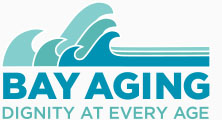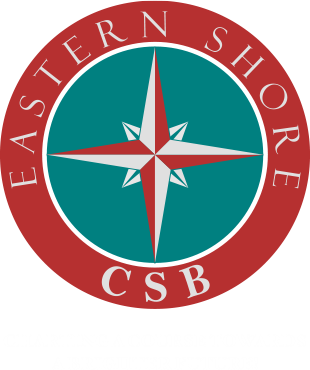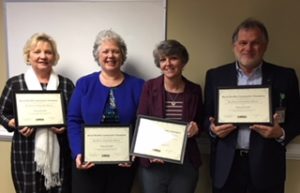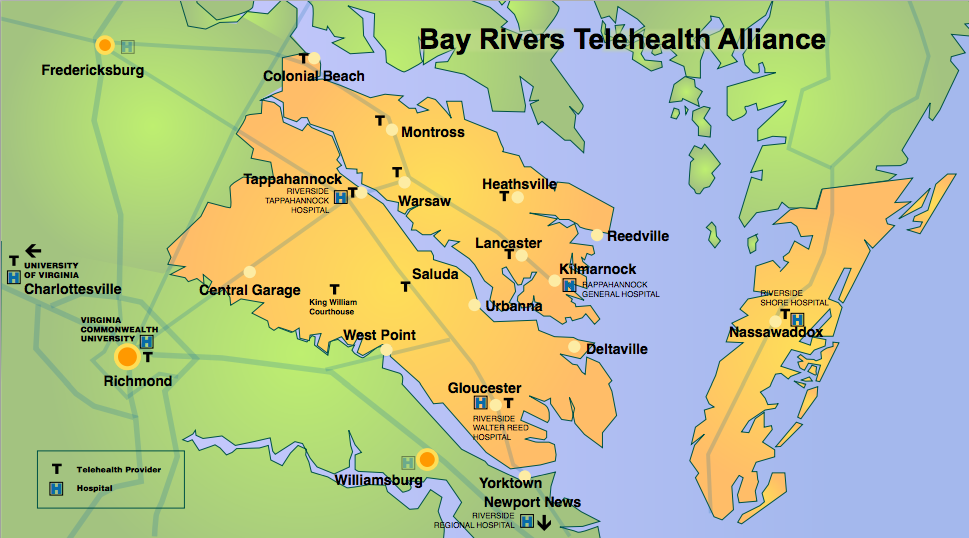Bridges to Cardiovascular Population Health
Bridges to Cardiovascular Population Health addresses the health-related challenges to overcome the geographic and economic barriers faced by patients in rural communities.
The goal of the project is to: expand the delivery of health care services in rural communities to improve population health and demonstrate health outcomes and sustainability, integrating remote patient monitoring, behavioral health and chronic disease self-management training in primary care physicians’ offices, in a rural area.
HRSA RHO Grant Number: D04RH31770
Rural Communities Opioid Response Program
Comprehensive Opioid Response Through Behavioral Health Networks grant is designed to use telemedicine to address the opioid crisis in rural Virginia.
The goal of the project is to: address the issue of opioid addiction by increasing the capacity of the behavioral health services system in the Middle Peninsula, Northern Neck and Eastern Shore regions of Virginia, extend the reach and technical capability of behavioral health providers so that assessments, consultations, and counseling are available in remote areas, provide professional development for providers as well as medical and human service professionals, replace obsolete video equipment in order to improve video capability at rural hospitals, continue the primary care and specialty care visits currently provided, incorporate the opioid assessment, education, and related activities of this new proposal.
USDA RUS Grant Number: VA 713-B58
School-Based Telehealth Initiative
School-Based Telehealth Initiative: BRTA works with the Northumberland, and Westmoreland County Public Schools to bring healthcare services directly into schools giving students in these rural areas greater access to healthcare. The school-based health services focus on improving access to care, plus behavioral health. HRSA TNGP Grant Number: H2ARH30289
Eastern Shore Telehealth Consortium
The Eastern Shore Telehealth Consortium grant establishes a sustainable consortium designed to build a telehealth delivery system infrastructure to promote increased resources, innovation, and coordination of health services on the Eastern Shore of Virginia.
The initial project for ESTC is to help coordinate services for individuals living on the Eastern Shore, with mental health and substance use disorders (SUD) and/or opioid use disorder (OUD) by linking treatment resources through telehealth. This consortium is designed to build a telehealth delivery system infrastructure to promote increased resources, innovation, and coordination of health services on the Eastern Shore of Virginia.
HRSA RHND Grant # D06RH37494
Community Bridges Collaborative
The focus of the Community Bridges Collaborative is to reduce morbidity and mortality associated with substance use disorder (SUD) and opioid use disorder (OUD) by expanding the capabilities of the behavioral health services infrastructure, instituting and enhancing evidence-based and evidence-informed practices, and providing workforce development opportunities and telehealth-enabled innovations to increase access to services in our service area.
HRSA RCORP Grant Number: GA1RH39537















